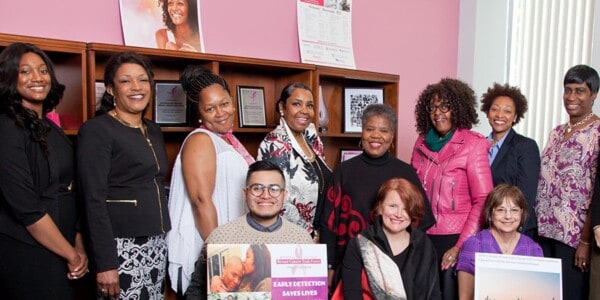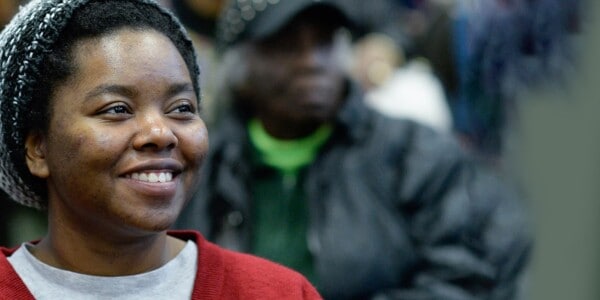Equal Hope’s mission is to save lives by eliminating health inequities. We do so by challenging the status quo–striving to understand the context of people’s lives and the barriers they experience, so we can help them achieve their best health and a longer life. Through research, quality assessment and improvements, advocacy, education, and patient navigation, we approach health holistically to achieve sustainable outcomes and true health equity.
Our History
Equal Hope is a not-for-profit organization originally set up in 2008 as the Metropolitan Chicago Breast Cancer Task Force after the publication of disturbing research that showed that Chicago had large and growing racial disparities in breast cancer mortality.
From 2005 to 2007, Black women in Chicago died of breast cancer at a rate 62% higher than White women even though they were diagnosed less often. At the same time, there were only very low breast cancer mortality disparities in New York and San Francisco. This suggested to the founders of Equal Hope that instead of biological differences, this health inequity was driven by structural racism. In other words, Chicago’s inequitable healthcare system was to blame.
The founders brought together a large number of interested Chicagoans and they brainstormed and had town hall meetings and other convenings for over a year. From this initial work came the first report in October 2007 called “Improving Quality and Reducing Disparities in Breast Cancer Mortality in Metropolitan Chicago.” This report laid out 37 recommendations to the city of Chicago for how to reduce breast cancer disparities. One of the recommendations was the establishment of the Metropolitan Chicago Breast Cancer Task Force (now Equal Hope) as a not for profit dedicated to elimination of this disparity.
The Equal Hope Model
Reducing Disparities in Women’s Health Care
We have created a successful evidence-based model for understanding and reducing disparities in the diagnosis and treatment of breast cancer. The model described below can be used as Equal Hope expands its focus to more holistically help uninsured, underinsured, and publicly insured women gain access to higher quality care for cervical cancer, other cancers and even other diseases. This model has been cited by major medical journals as an effective way to address inequities in the healthcare system.




